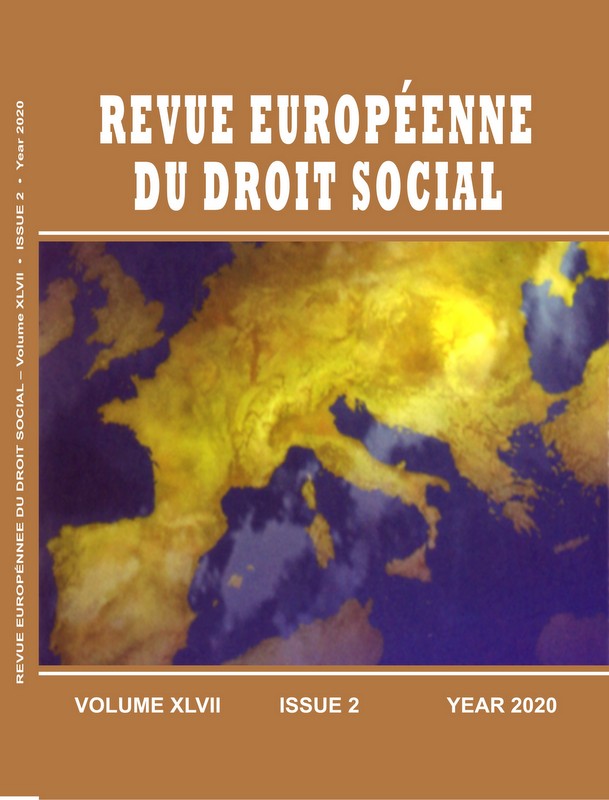THE BOTSWANA PUBLIC SECTOR BARGAINING COUNCIL,
A REALITY OR FALACY
THE BOTSWANA PUBLIC SECTOR BARGAINING COUNCIL,
A REALITY OR FALACY
Author(s): Tshukudu Theophilus TebetsoSubject(s): Human Rights and Humanitarian Law
Published by: Editura Bibliotheca
Keywords: Botswana Public Sector Bargaining Council; public service; trust;
Summary/Abstract: This article endeavours to come up with strategies that can be used to build thebroken trust between the Botswana government and Botswana Federation of Public SectorUnions (BOFEPUSO), being the unions’ representatives in the bargaining council. InBotswana, the 2008 Public service Act called for the setting of a collective bargaining councilfor the public sector known as the Public Sector Bargaining Council with the composition ofgovernment of Botswana representatives and labour represented by Botswana Federation ofPublic Sector Unions (BOFEPUSO). Since its inception the BPSBC has been ridden byproblems, with labour and other commentators observing that government is dragging its feetto start the bargaining council with a view to frustrate unions. The other major problem wasnon-adherence to Collective Agreement by President Khama whereby He addressed collectivebargaining issues such as salary increment during his Kgotla(traditional gatherings) meetings.The current administration under President Khama has been militant and heavy handed onlabour since 2008 and it did not come as a surprise when the President and his administrationfoiled Botswana Public Sector Bargaining Council (BPSBC) efforts to resume, resulting in lossof trust by union on government. There is a need, therefore, evaluate the relationship betweengovernment and BOFEPUSO as trade unions representative in the bargaining council andmost importantly to come up with strategies that can help both parties re-establish trust in therelationship and that the collective bargaining processes are enhanced and industrial action,with its often negative consequences, is averted.
Journal: Revue Européenne du Droit Social
- Issue Year: 2020
- Issue No: 2 (47)
- Page Range: 81-92
- Page Count: 13
- Language: English

